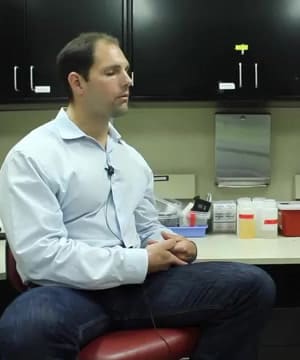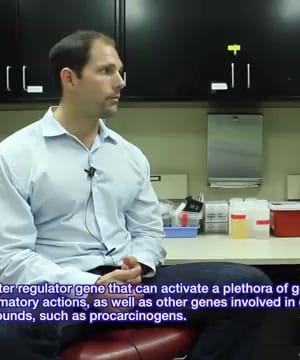How do cancer cells get their fuel?
Sources:
Cancer cells primarily get their fuel through glycolysis, a process where glucose is converted into energy without the use of mitochondria. This is known as the Warburg effect. Dr. Rhonda Patrick explains that one reason cancer cells prefer glycolysis could be to avoid the production of reactive oxygen species (ROS) in the mitochondria, which can lead to cell death. This metabolic shift is advantageous for rapid growth and survival of cancer cells 1.
Moreover, glycolysis allows cancer cells to quickly generate the building blocks they need for growth, despite being a less efficient process for ATP production 2. This preference for glycolysis over mitochondrial respiration makes cancer cells more reliant on glucose for energy, providing a potential target for therapeutic interventions 3.
RELATED QUESTIONS


